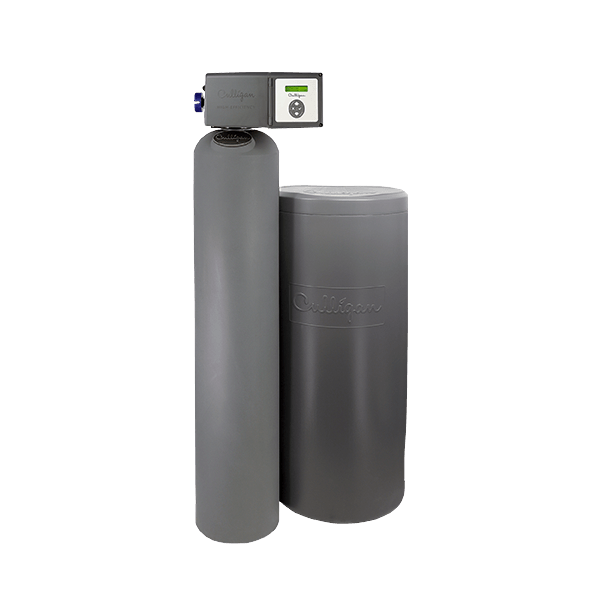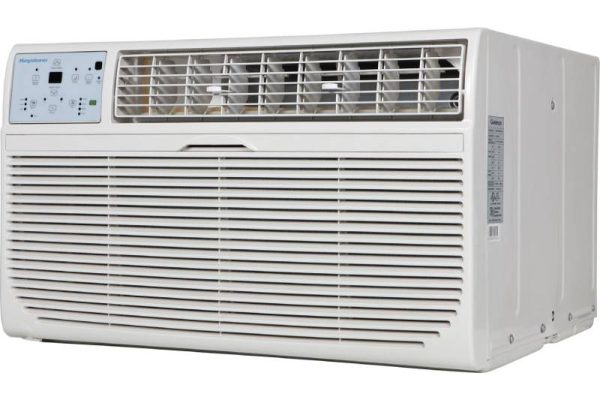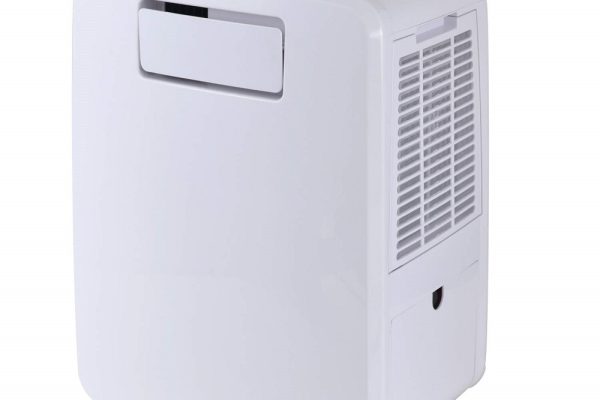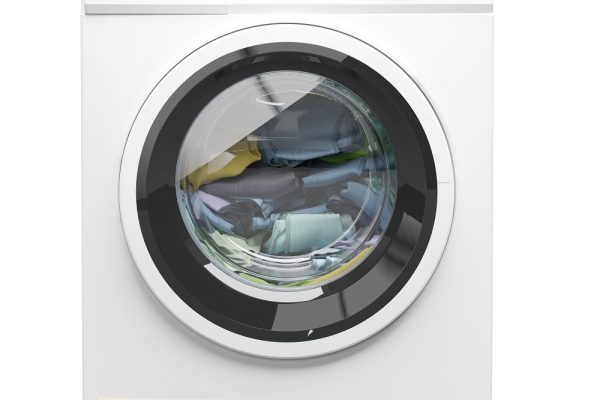Introduction to Water Conditioners
The Role of Water Conditioners
Water conditioners are devices that treat hard water, making it more manageable and user-friendly for everyday use. These systems work by reducing the concentration of hard minerals in the water supply. Unlike traditional water softeners, which replace calcium and magnesium ions with sodium, water conditioners utilize different methods. These alternatives promote the conversion of minerals into a harmless form, preventing scale buildup without adding extra sodium to your water supply.
Importance of Water Quality
Quality water is essential for various daily activities, including drinking, cooking, bathing, and cleaning. Soft water enhances the efficiency of appliances and prevents damage to plumbing systems. It can also improve the taste and quality of food and beverages. Investing in a water conditioner ultimately benefits both your health and your home’s longevity. This guide will explore the different types of water conditioners, their benefits, and factors to consider when purchasing one.
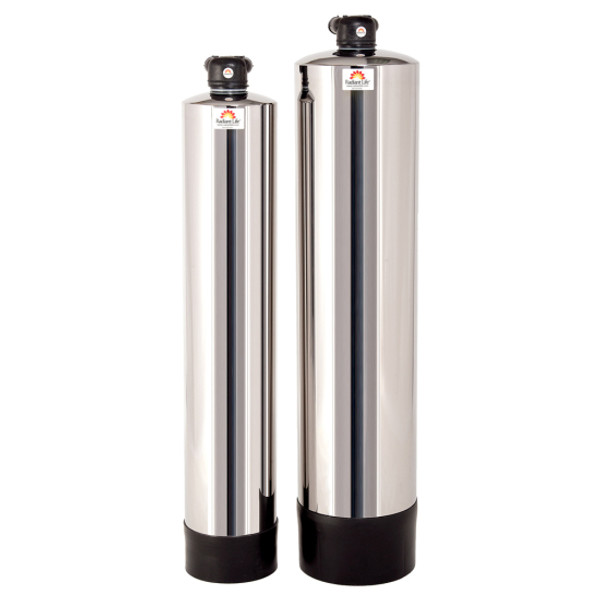
Types of Water Conditioner
1. Traditional Water Softeners
Traditional water softeners are designed to remove hardness from water by exchanging calcium and magnesium ions for sodium ions. This process is known as ion exchange. As hard water passes through the softener, it flows through resin beads coated with sodium. The hardness minerals attach to the beads, and sodium ions replace them.
Pros and Cons of Traditional Softeners
While effective, traditional water softeners may not be ideal for everyone. They require regular maintenance, including the replenishment of salt, which can be a hassle. Moreover, the introduction of sodium into the water supply may not be suitable for individuals on sodium-restricted diets. Despite these drawbacks, traditional softeners remain a popular choice for those seeking effective hard water treatment.
2. Salt-Free Water Conditioners
Salt-free water conditioners use a different approach. Instead of removing hardness minerals, they convert them into a form that does not cause scale buildup. This method is known as template-assisted crystallization (TAC). As water passes through the conditioner, it interacts with special media that changes the mineral structure.
Advantages of Salt-Free Systems
Salt-free systems require less maintenance and do not produce wastewater. Therefore, they are eco-friendly solutions for water conditioning. They retain essential minerals, such as calcium and magnesium, which are beneficial for health. This makes them a great choice for those seeking to soften water without removing important nutrients.
3. Magnetic and Electronic Water Conditioners
Magnetic and electronic water conditioners claim to soften water by altering the behavior of mineral ions through the application of magnetic fields or electronic impulses. They are easy to install and often do not require any chemical additives. These systems promise to reduce the effects of hard water without actually removing hardness minerals.
Evaluating Effectiveness
While some users report positive results with magnetic and electronic water conditioners, the scientific evidence supporting their effectiveness is limited. Many experts argue that the benefits of these systems may not be as significant as those provided by traditional or salt-free options. Before choosing this type of conditioner, it is crucial to investigate and gather reviews from other users to determine its plausibility.
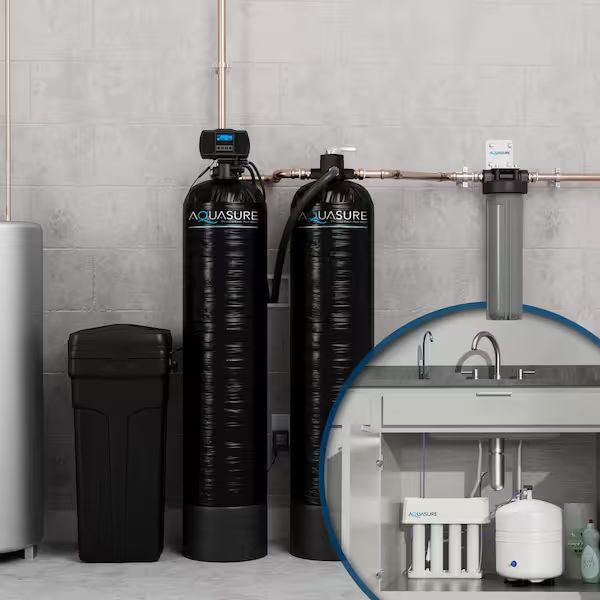
Benefits of Water Conditioner
1. Improved Appliance Lifespan
One of the most significant benefits of using a water conditioner is the extended lifespan of household appliances. Hard water causes mineral buildup in pipes and appliances, which can lead to inefficiency and premature failure. By softening water, you can minimize the damage caused by these deposits, ensuring that your appliances, such as dishwashers and washing machines, operate efficiently.
Reducing Maintenance Costs
As appliances last longer, homeowners can avoid the costs associated with repairs and replacements. Additionally, you may not have to deal with the frequent maintenance that hard water requires. By investing in a water conditioner, you can save money in the long run.
2. Enhanced Cleaning and Bathing Experience
Softened water significantly improves the effectiveness of soaps and detergents. When cleaning clothes or dishes, soft water allows for better lathering, leading to more efficient cleaning. This results in softer, cleaner clothes and sparkling dishes without the residue often left behind by hard water.
Comfort in Bathing
In bathing, soft water enhances the overall experience, leaving skin and hair feeling softer and healthier. It is gentler on skin, reducing irritation and dryness that may be caused by hard water. Families with children or individuals with sensitive skin will especially benefit from the use of softened water.
3. Eco-Friendly Benefits
Using a water conditioner can promote eco-friendly practices. By reducing mineral buildup in appliances, it increases their efficiency, which can lead to lower water and energy consumption. This, in turn, positively impacts the environment by minimizing waste related to damaged appliances and inefficient usage.
Reducing Chemical Dependency
Additionally, when using softened water, you may find you need less soap or detergent for cleaning tasks. This reduces the overall use of chemicals that can be harmful to the environment when washed down the drain. Opting for a water conditioner ultimately contributes to a more sustainable lifestyle.
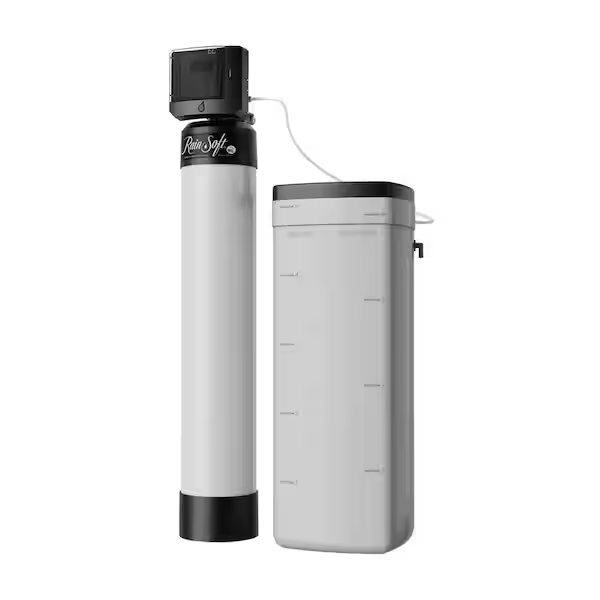
Factors to Consider When Choosing a Water Conditioner
1. Water Quality
Before selecting a water conditioner, it is essential to analyze your water quality. Testing your water will provide valuable insights into the hardness level and the specific minerals present in your supply. This information will guide you in selecting the right type of conditioner that effectively addresses your needs.
Professional Testing Options
Water testing kits are available for purchase, or you can opt to hire a professional service to conduct the examination. Understanding your water quality will allow you to make informed decisions when choosing a system.
2. Budget Considerations
Water conditioners come with various price points, so it’s essential to establish a budget before shopping. Traditional water softeners may have higher initial costs, especially if installation is required. However, salt-free models may offer long-term savings through reduced maintenance and lower operating costs.
Total Cost of Ownership
When evaluating cost, consider not just the purchase price but also ongoing expenses such as maintenance and any supplies required. The total cost of ownership will provide a clearer picture of your financial commitment in the long run.
3. Installation Requirements
Installation requirements can significantly influence your choice of water conditioner. Some models are straightforward and can be installed by the homeowner, while others may require professional assistance. Consider your DIY capabilities and willingness to take on a complex installation before making your decision.
Evaluating Long-Term Solutions
If you prefer a hassle-free solution, it may be worth investing in systems that include professional installation. This ensures that your water conditioner operates optimally from the start, providing peace of mind.
Maintenance Tips for Water Conditioner
1. Regular Monitoring
Once you have installed a water conditioner, regular monitoring is essential. Keep track of the condition of the system and check for any signs that it may be malfunctioning. Monitoring water quality after installation will help you identify any changes that indicate the need for maintenance.
Performing Routine Checks
Establish a routine schedule for checking the filter, salt levels (if applicable), and any other components specific to your system. Addressing minor issues early can extend the lifespan and effectiveness of the conditioner.
2. Cleaning the System
Depending on the type of water conditioner you choose, cleaning may be a critical aspect of maintenance. For example, sediment filters should be cleaned or replaced according to the manufacturer’s recommendations. Regular cleaning helps ensure optimal function and prevents buildup that can impair performance.
Following Manufacturer Guidelines
Be sure to follow the manufacturer’s cleaning guidelines specific to your model. Each system may have different requirements, and adhering to these will ensure you get the best performance from your water conditioner.
3. Professional Servicing
Consider scheduling regular professional servicing for your water conditioner if your model requires complex maintenance. A trained technician can perform thorough inspections and service to ensure everything is functioning smoothly. Professional servicing can help you avoid costly repairs and extend the lifespan of the conditioner.
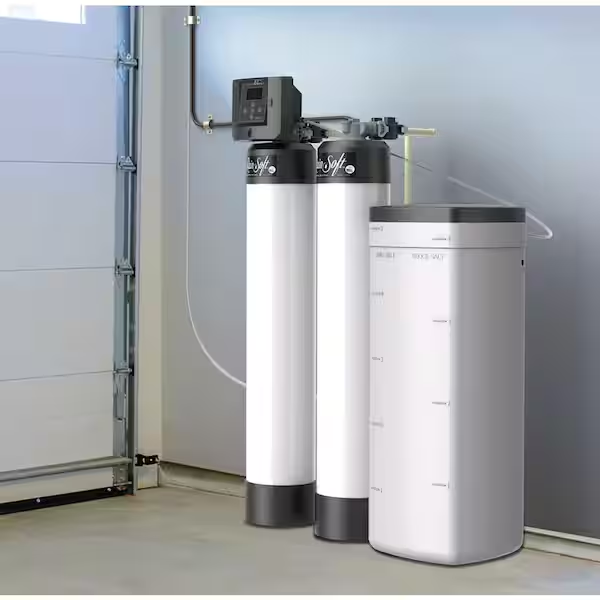
FAQ:
1. What is a water conditioner, and how does it differ from a water softener?
Answer: A water conditioner is a device that alters the physical properties of water to reduce scale buildup and improve taste without actually removing minerals like calcium and magnesium, which are responsible for water hardness. In contrast, a water softener uses a chemical process (ion exchange) to remove these minerals from the water, effectively softening it. Water conditioners often use techniques like electronic or magnetic treatment to change how hardness minerals behave in water.
2. What are the benefits of using a water conditioner?
Answer: The benefits of using a water conditioner include:
- Scale Prevention: Reduces scale buildup in pipes, appliances, and fixtures, helping to extend their lifespan.
- Improved Water Quality: Can enhance the taste and clarity of your water without chemical treatments.
- Eco-Friendly: Often uses fewer chemicals than traditional water softeners, making them more environmentally friendly.
- Less Maintenance: Generally requires less maintenance compared to salt-based water softeners, which need regular salt replenishment.
3. How do I determine if I need a water conditioner?
Answer: To determine if you need a water conditioner:
- Water Hardness Test: Conduct a water hardness test using home test kits or hiring professionals. If your water hardness is above 7 grains per gallon, you might benefit from conditioning.
- Signs of Hard Water: Look for signs of hard water issues, such as scale buildup on faucets, cloudy dishes, soap scum in the shower, or reduced water flow in pipes.
- Personal Preferences: Consider if you experience dry skin, itchy eyes, or if you notice laundry fading more quickly—these can also indicate a need for water treatment solutions.
4. How do water conditioners work?
Answer: Water conditioners work using various technologies:
- Electronic Descalers: These devices use electrical impulses to alter the properties of minerals in the water, preventing them from forming scale deposits.
- Magnetic Water Conditioners: These involve passing water through a magnetic field, which alters the physical properties of the minerals, reducing their ability to form scale.
- Template Assisted Crystallization (TAC): This method converts hardness minerals into microscopic crystals that do not stick to surfaces, allowing them to pass through plumbing systems without forming scale.
5. How do I choose the best water conditioner for my home?
Answer: To choose the best water conditioner for your home, consider:
- Water Quality: Test your water to understand its characteristics—hardness levels and contaminants.
- System Type: Decide on the technology that best fits your needs (electronic, magnetic, or TAC) based on reviews and expert recommendations.
- Capacity and Flow Rate: Ensure that the conditioner can handle your household’s water usage and flow requirements.
- Size and Installation: Consider the space you have for installation and whether you want a DIY system or a professionally installed unit.
- Warranty and Maintenance: Look for products with good warranties and low maintenance needs, which can save time and costs in the long run.
Conclusion: Embrace the Benefits of Water Conditioner
Enhancing Your Quality of Life
In summary, water conditioners offer a practical solution to the challenges posed by hard water. From improving the lifespan of appliances to enhancing everyday activities like cleaning and bathing, these systems provide invaluable benefits. Whether you choose a traditional softener, salt-free option, or a different style, the advantages are clear.
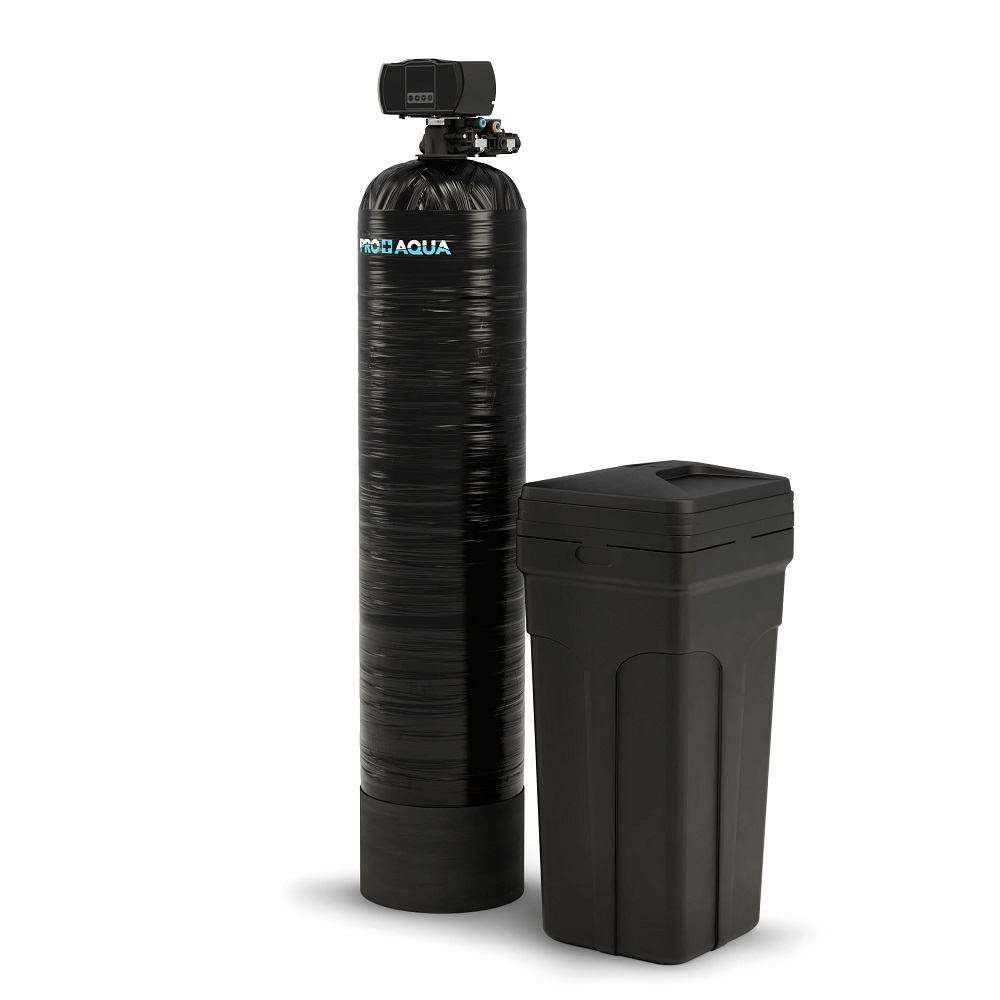
Making an Informed Decision
By understanding the various types, features, and maintenance considerations, you can make an informed decision about which water conditioner best fits your needs. Embrace the opportunity to improve your water quality and enjoy the many benefits that come with softened water.
A Sustainable Choice
Investing in a water conditioner not only improves your home but also contributes positively to the environment. Choosing a more sustainable option promotes responsible consumption and reduces chemical dependency, aligning with eco-friendly values.
Embrace a Happier, Healthier Home
Finally, enjoy the comfort and efficiency that comes with your new water conditioner. Exploring affordable water conditioners for home use ensures you get the benefits of softened water without breaking the bank. As you embrace the positive changes it brings to your home and lifestyle, say goodbye to the frustrations caused by hard water. With improved water quality, you’ll create a happier, healthier living environment. Your investment in the right water conditioner will pay off in comfort, savings, and an enhanced quality of life for years to come.
